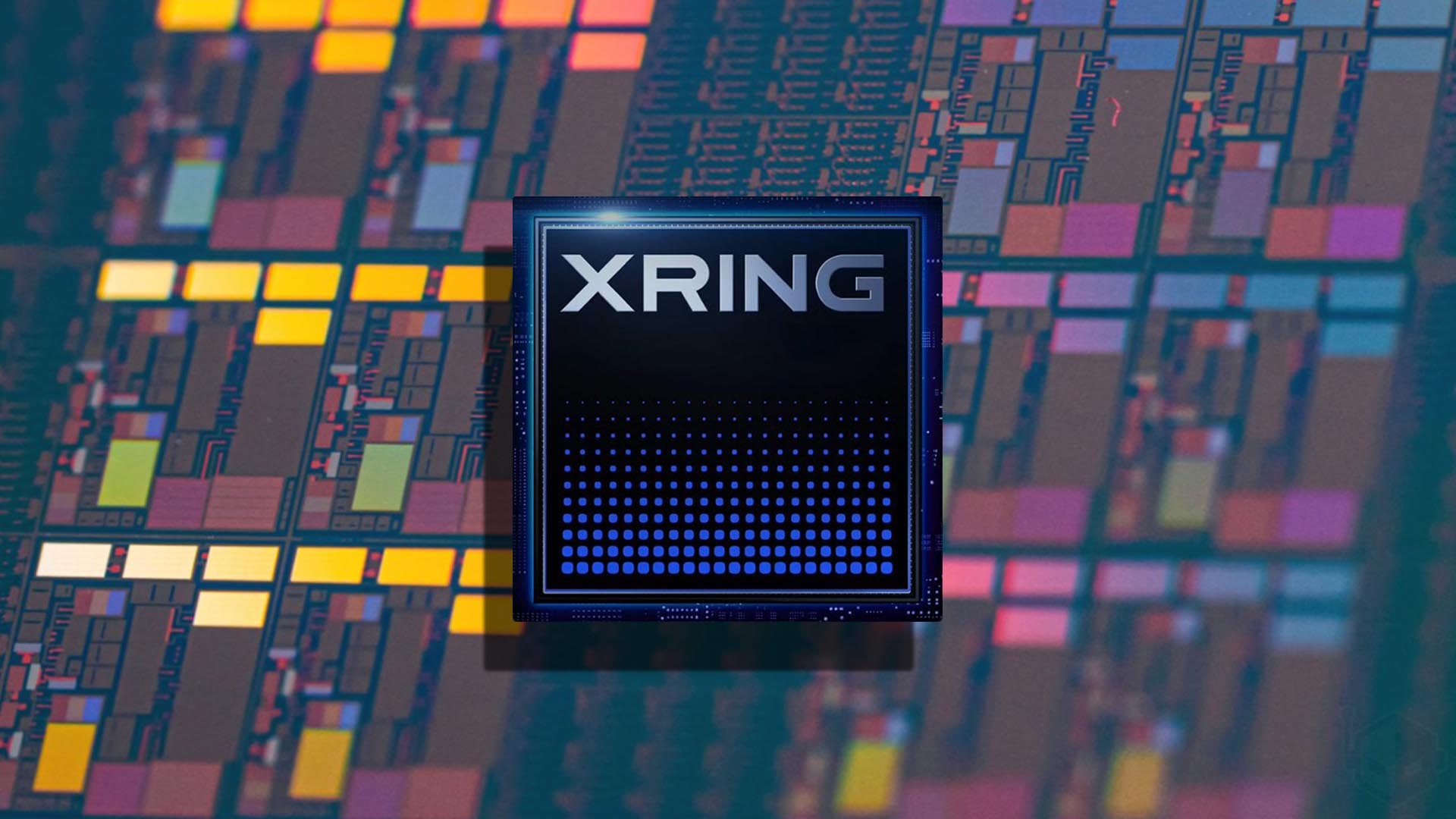The XRING 02 is rumored to be Xiaomi’s next big move in the world of mobile tech. With the trademark for this device appearing back in June, it’s clear the Chinese tech giant is accelerating its plans for a successor to the XRING 01. But the buzz doesn’t stop there. New rumors suggest that the XRING 02 could come with something Xiaomi has never done before: its very own in-house 5G modem. 
This marks a huge leap forward in Xiaomi’s bid to reduce its reliance on tech giants like Qualcomm and MediaTek, further shifting the balance in mobile hardware development.
The latest leak, courtesy of Weibo user Smart Pikachu, reveals that Xiaomi may be developing a custom 5G baseband SoC that will be integrated directly into the XRING 02. Currently, the XRING 01 relies on MediaTek’s T800 5G modem, an external chip that, while powerful, takes up more space and consumes more power than an integrated solution. Xiaomi’s shift to an in-house 5G modem could mean a more efficient design with a better use of space-potentially freeing up room for a bigger battery or other important components.
On top of that, this move would help Xiaomi cut costs by reducing its dependency on external suppliers like Qualcomm and MediaTek. While developing custom silicon is always a challenge, the potential rewards could be enormous. Apple’s own struggles with developing custom modems for its devices serve as a reminder that building cutting-edge tech isn’t easy, but with the right investment, the payoff can be huge. Xiaomi, however, has taken a more financially efficient approach. In fact, the company is reportedly spending just a fraction of what Apple did on its own endeavors, which could give it an edge in the long run.
Another exciting detail is that the XRING 02 may not just be destined for smartphones and tablets. There’s talk that Xiaomi might integrate the chipset into vehicles, adding another layer of complexity and regulatory hurdles to the development process. This could mean that we won’t see the second-gen in-house SoC for a while, especially as Xiaomi works through the necessary certifications.
In terms of production, there’s speculation that Xiaomi could be eyeing TSMC’s advanced 2nm process for the XRING 02, assuming that U.S. export controls allow it. This would make the XRING 02 one of the most advanced chips on the market, both in terms of performance and power efficiency.